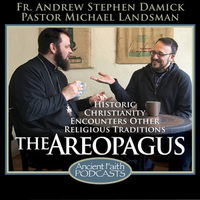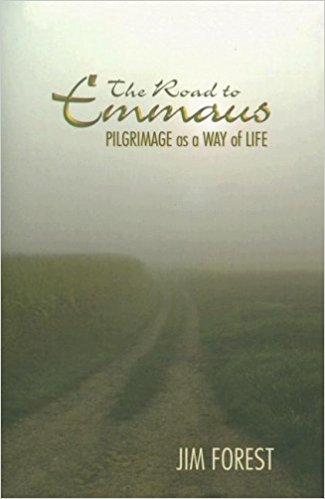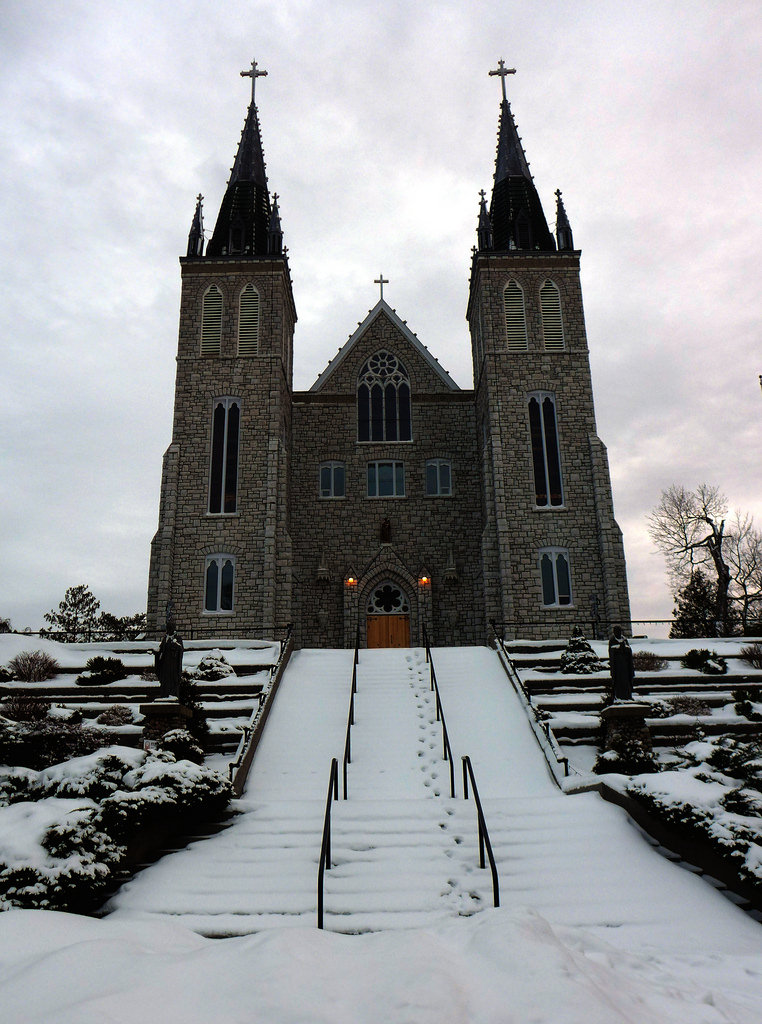If you’re reading this, welcome!
Although I’m new to the Vivaldi blogging platform, I’ve imported several years’ worth of posts from Blogspot as part of my effort to de-Google myself. It will take some time to get everything formatted to my liking.
I share memes at Facebook and Twitter, but this space is for more in-depth work. The perceptive reader will note a lack of recent posts — the hours that I work make it difficult to compose my thoughts. Until I find a new job or strike out on another pilgrimage, I will not be posting here very often.





